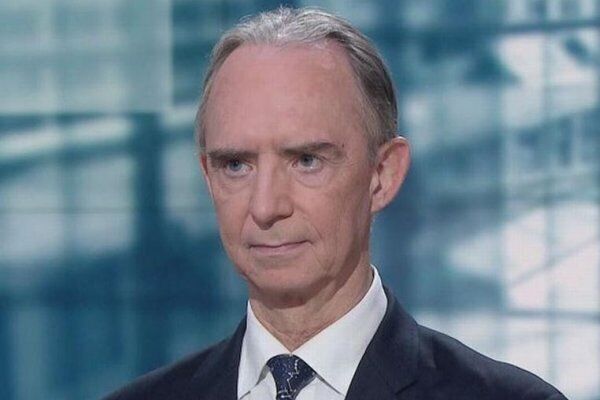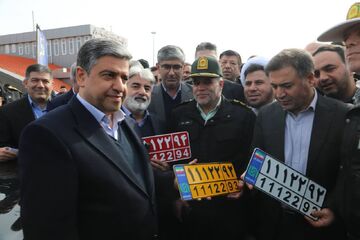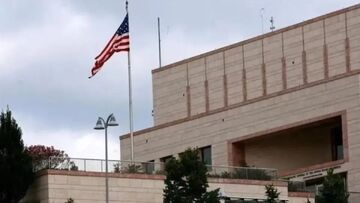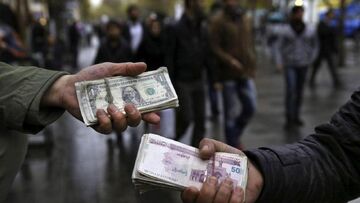TEHRAN(Bazaar) –Marc Finaud, Head of Arms Proliferation at the Geneva Centre for Security Policy (GCSP), says Any 'limited agreement' on Iran's nuclear program would necessarily imply a partial return of Iran to compliance with its JCPOA obligations (but which ones would be considered as sufficient?) and a partial lifting of US sanctions (but again, which ones could be acceptable?).
He adds that “In any case, the safeguards dispute with the IAEA would need to be resolved.”
Following is the full text of interview:
Q: Jarrett Blanc, the U.S. deputy special envoy for Iran and one of the main players in the indirect negotiations with Iran's nuclear program, plans to soon leave the Ministry of Foreign Affairs and Robert Malley's team and join the Ministry of Energy. What is the reason for this change?
A: On the one hand, it is not surprising that officials move on with their careers like in any administration. On the other hand, it could be a sign that the US team does not expect any substantive progress in the talks in the near future.
Q: Axios sees this change as another sign that the Biden administration believes that there is no way to return to the JCPOA at the moment. What is your opinion?
A: This could be one interpretation. Another could be that the Biden administration does not want to appear as demander or ready to make concessions, especially now that it no longer has control over the House of Representatives.
Q: The leaving of Blanc can be seen as a sign of the Biden administration's lack of focus on returning to the JCPOA. If so, when are they willing to start negotiations?
A: It is difficult to assess but the Biden administration, after having missed a window of opportunity last summer for the revival of the JCPOA, now sees it as more difficult to return to 'business as usual', due to the new domestic political context both in the US and Iran.
Q: The Hebrew newspaper, Israel Hum, wrote in a report that the US is making contacts with Iran on various issues, and it is possible to examine the possibilities of a limited agreement with Iran in the nuclear issue. What is your assessment?
A: It is rather a good thing if some communications are maintained between the US and Iran to avoid misperceptions and escalation. Any 'limited agreement' on Iran's nuclear program would necessarily imply a partial return of Iran to compliance with its JCPOA obligations (but which ones would be considered as sufficient?) and a partial lifting of US sanctions (but again, which ones could be acceptable?). In any case, the safeguards dispute with the IAEA would need to be resolved.
Q: Ned Price, the spokesperson of the US Department of State, said the US has ways to communicate with Iran regarding several worrying issues, including the issue of the release of American citizens detained there. The nuclear agreement has not been on Washington's agenda for months. We do not focus on this issue, but rather on the growing military involvement of Tehran and Moscow and Russia's war in Ukraine. Do you think that if a limited agreement is to be reached, the United States will link the issues of military cooperation between Iran and Russia to it?
A: It is difficult to imagine that the US would ignore that issue, particularly its concern about Iranian drones being used in Ukraine. On the other hand, if both sides are willing to negotiate on that aspect, this could offer more bargaining chips for a new deal on the nuclear program.
















نظر شما